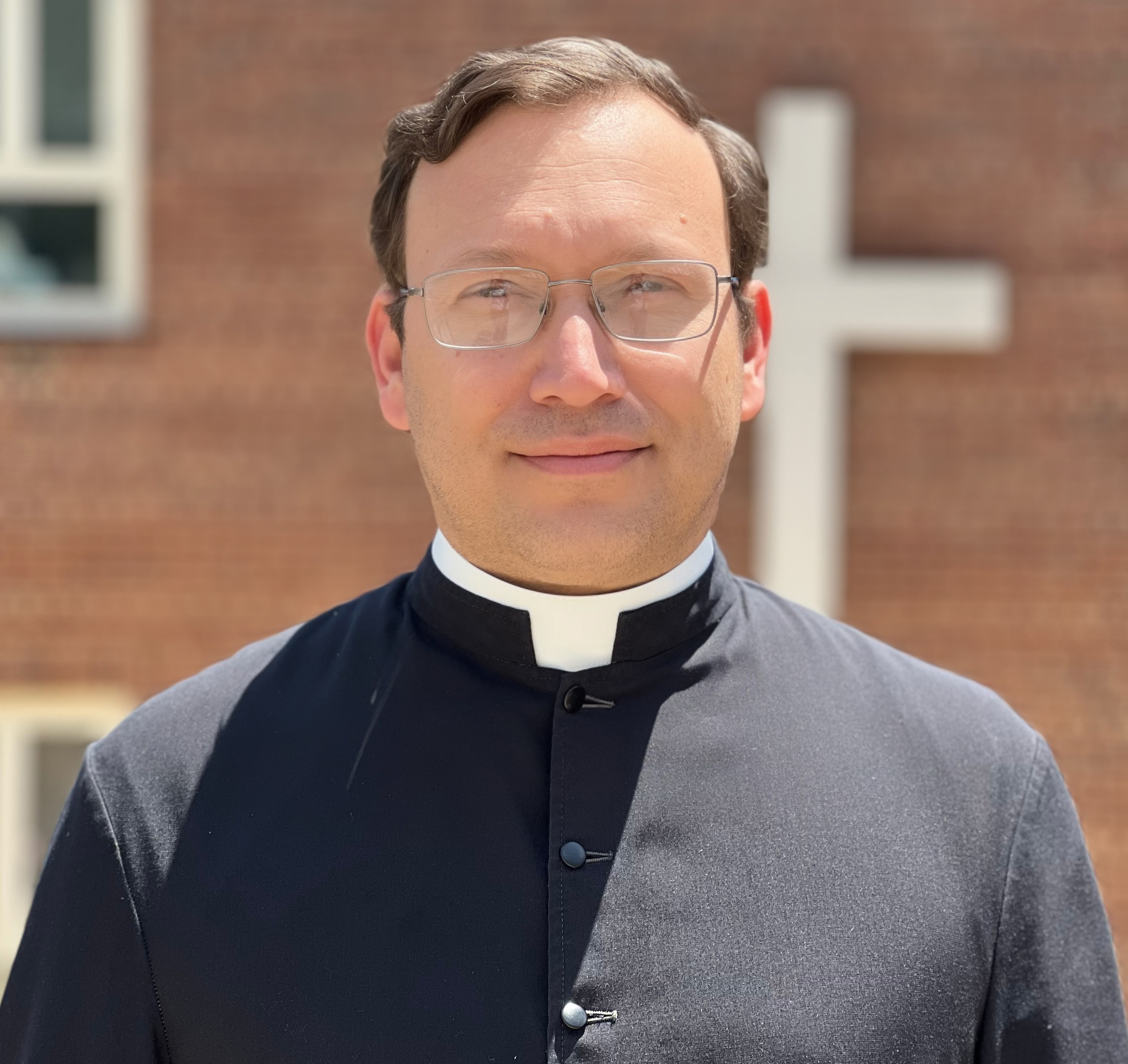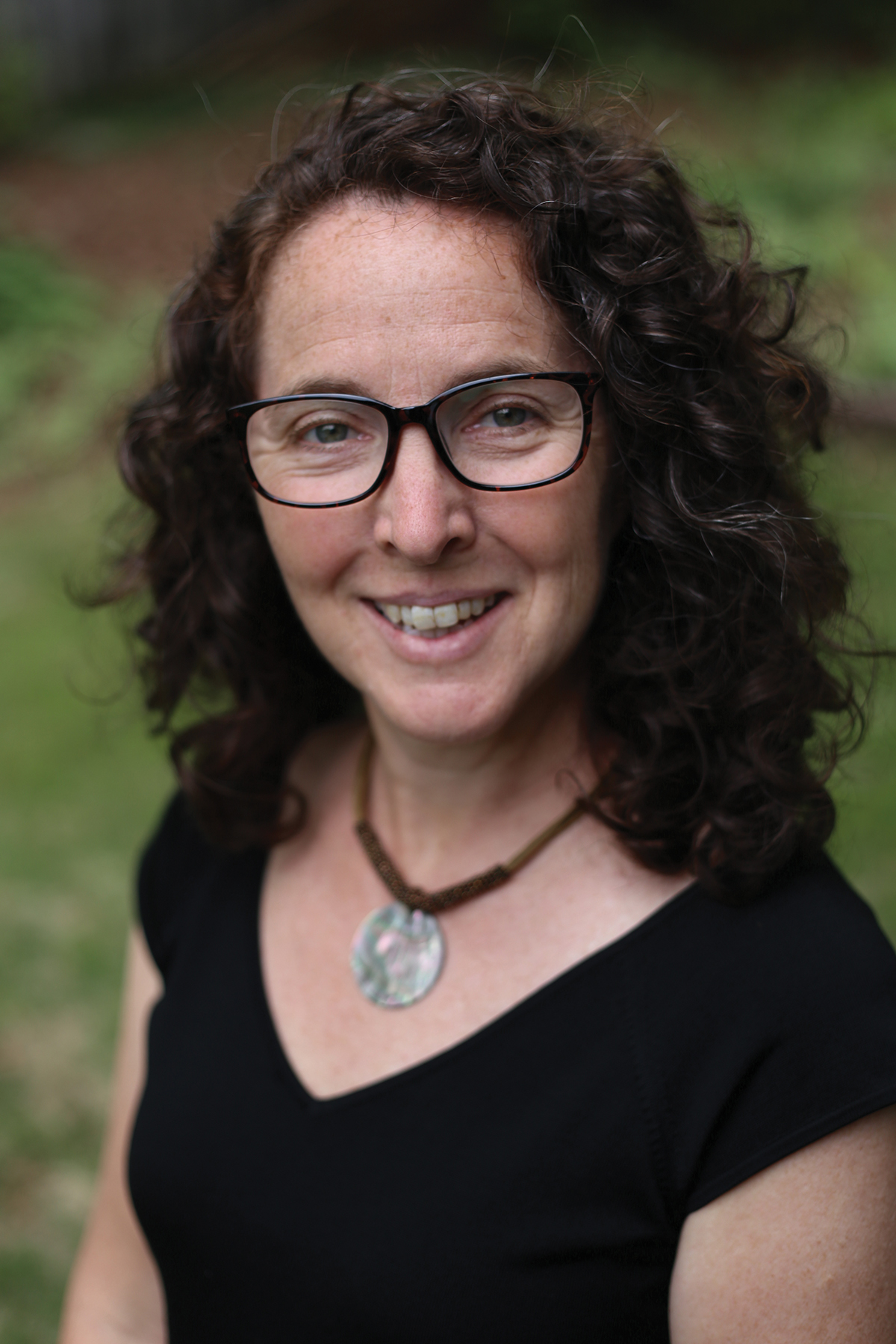Racial Reckoning, Justice & Healing
OBJECTIVE:
Actively engage in disciplines that lead to understanding the historical and contemporary issues of racial injustice in our diocese, our congregations and our communities, then prayerfully act to ensure equality and freedom for all members of our diocese to participate fully in the life of our church and society.
DIOCESAN LEADERSHIP COMMITMENTS:
- Equip and empower congregations to learn the history of Black, Brown and Indigenous people in the life of The Episcopal Church, each congregation and community in our diocese.
- Utilize the work of the Restitution Committee and the Canon for Restoration and Reparations to redress historic injustices toward Black congregations and African Americans.
- Participate in racial justice training and incorporate this work into all levels of diocesan life.
- Develop, fund and promote racial justice trainings so they are accessible to all congregations.
- Broaden the diversity of the staff and governing bodies by implementing the findings and recommendations of the Building for Ministry trainings and equip congregational leaders to also do this work.
- Create opportunities for Episcopalians of color to connect and be sustained in their ministries.
- Seek opportunities to establish new communities of worship and service in areas experiencing growth of African American, Latino/Hispanic and immigrant persons.
- Ensure that our diocesan budget reflects our commitment to racial reckoning, justice and healing.
CONGREGATION AND INDIVIDUAL COMMITMENTS:
- Research and learn the history of the Black, Brown and Indigenous people in the life of the church, your congregation and community.
- Participate in racial justice trainings such as Dismantling Racism, Sacred Ground, and offerings of the Racial Justice and Reconciliation Committee and Formation team as well as dedicating time and resources to racial justice work.
- Ensure that underrepresented voices are heard and valued in all areas of worship and ministry.
- Prayerfully work to redress injustice and restore equality and liberation to all of God’s people in the church and broader community.
RESOURCES:
HISTORY
- Archives and diocesan history | Archivist and historiographer
- "Researching Your Roots" (Disciple, Spring 2024)
- Racial History in the Diocese of North Carolina
- Black Leadership in the Diocese of North Carolina
- Start Here: A Guide on First Steps to Approaching Reparations Work
- “Initial Report: The Episcopal Diocese of North Carolina’s History of Institutional Racism (Founding through 1960)” by the Rev. Rhonda M. Lee
- “Initial Report: Breathing Through a Difficult History” (A Companion Guide to "Initial Report: The Episcopal Diocese of North Carolina's History of Institutional Racism (Founding - 1960s)")
ANTI-RACISM TRAINING
COMMITTEES AND COMMISSIONS
- Racial Justice and Reconcilation Committee
- Reparations and Restitution Ministry
- Pauli Murray Center for History & Social Justice
BE INSPIRED:
- Podcast: Roundtables on Race
- St. Mark's, Huntersville: Unburied History (Disciple, Summer 2023)
- St. Ambrose, Raleigh: "Baptized in Dirty Water" (Disciple, Spring 2023)
- St. Michael's, Raleigh: Historic Foundations - Uncovering History (Disciple, Winter 2023)
- Holy Family, Chapel Hill: Historic Foundations - How Did We Get Here? (Disciple, Winter 2023)
- All Saints', Warrenton: Still a Sacred Space (Disciple, Summer 2022)
- St. Luke's, Salisbury: Discovering History (Disciple, Winter 2020)
- St. Matthew's Service of Remembrance to Honor Stories, Confront Church's Past (Disciple, 2021)
- Mission Out in the World (Disciple)
WATCH:
Shared at the Special Convention on March 5, 2022, this video provides an overview of what we're trying to accomplish with the priority along with stories of work already happening.
First shared in August 2021, this priority was originally known as "Racial Reconciliation and Social Justice." The goals presented in this video remain the same with one exception; the goal pertaining to accessibility for all is now under the priority of Congregational Vitality.
 Canon Missioner for Black Ministries
Canon Missioner for Black Ministries
 Canon Missioner for Diocesan Restitution and Reparations Ministry
Canon Missioner for Diocesan Restitution and Reparations Ministry
 Deacon for Anti-racism and Reconciliation
Deacon for Anti-racism and Reconciliation
 Canon Missioner for Latino/Hispanic Ministry
Canon Missioner for Latino/Hispanic Ministry
 Mission Strategy Coordinator
Mission Strategy Coordinator
